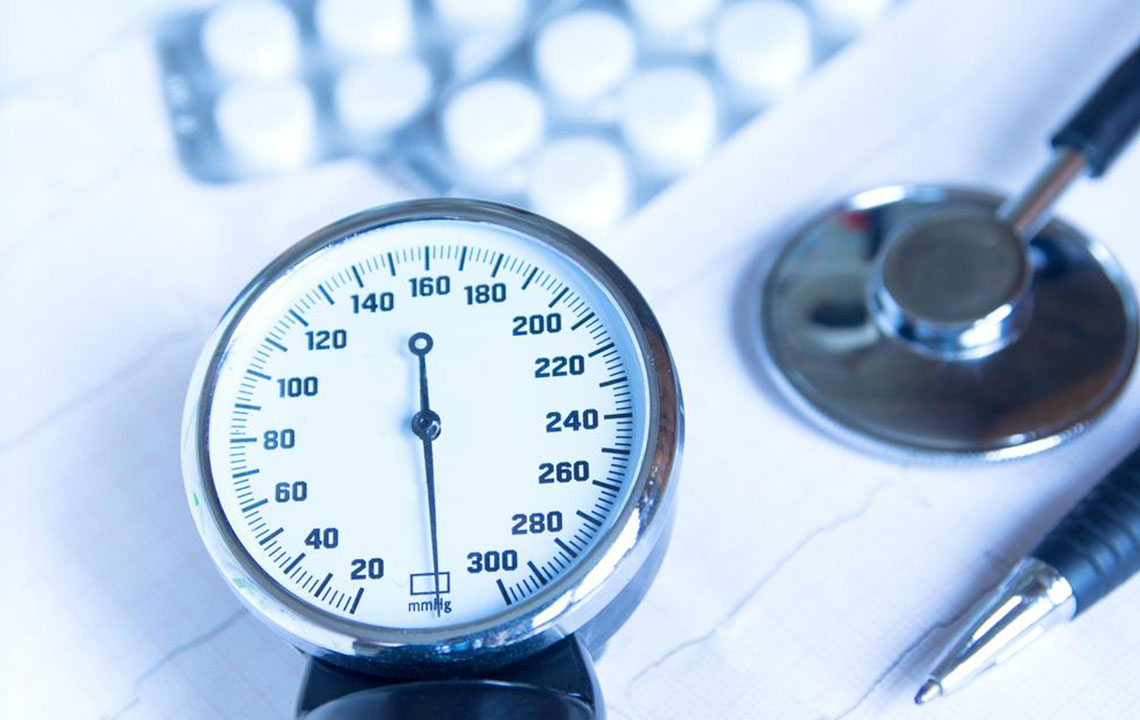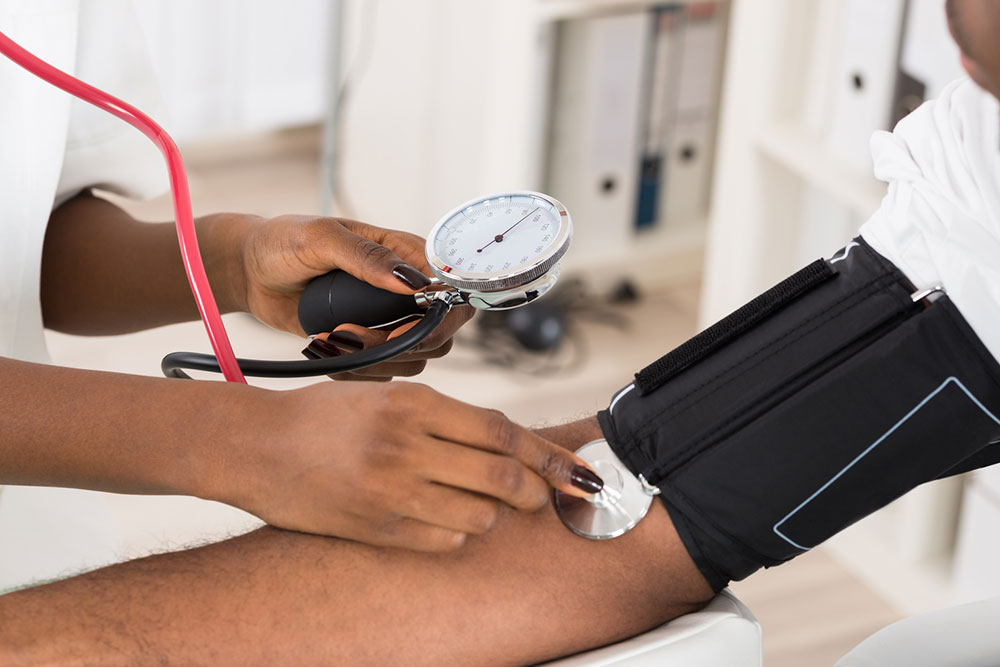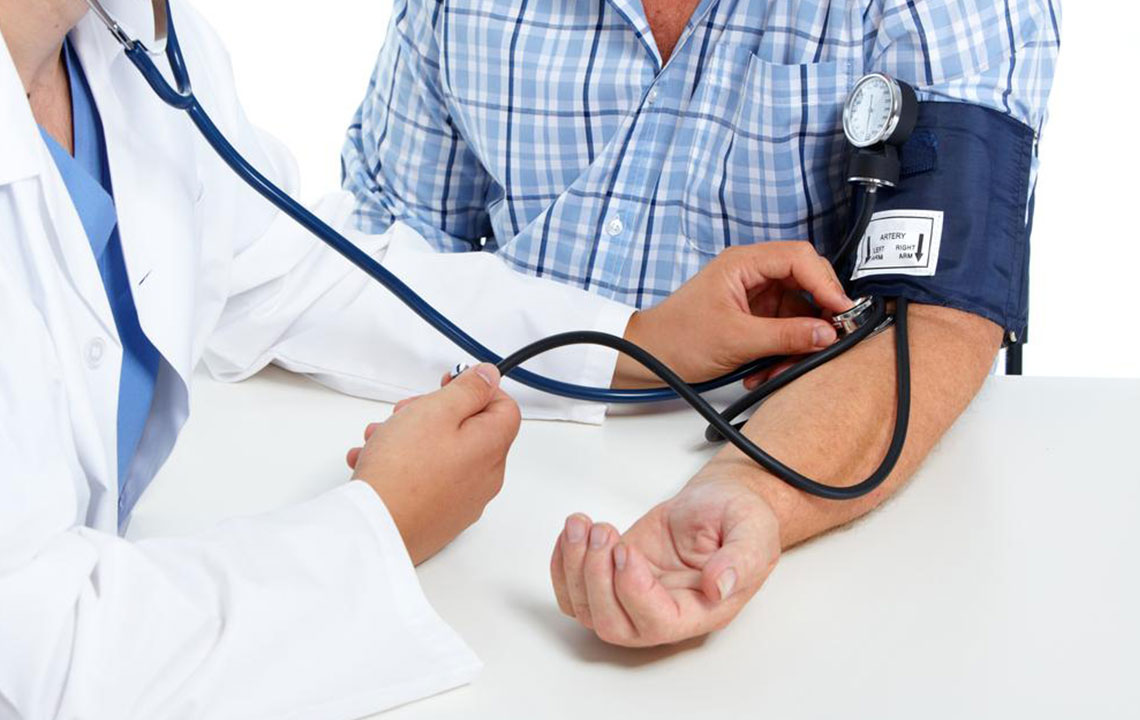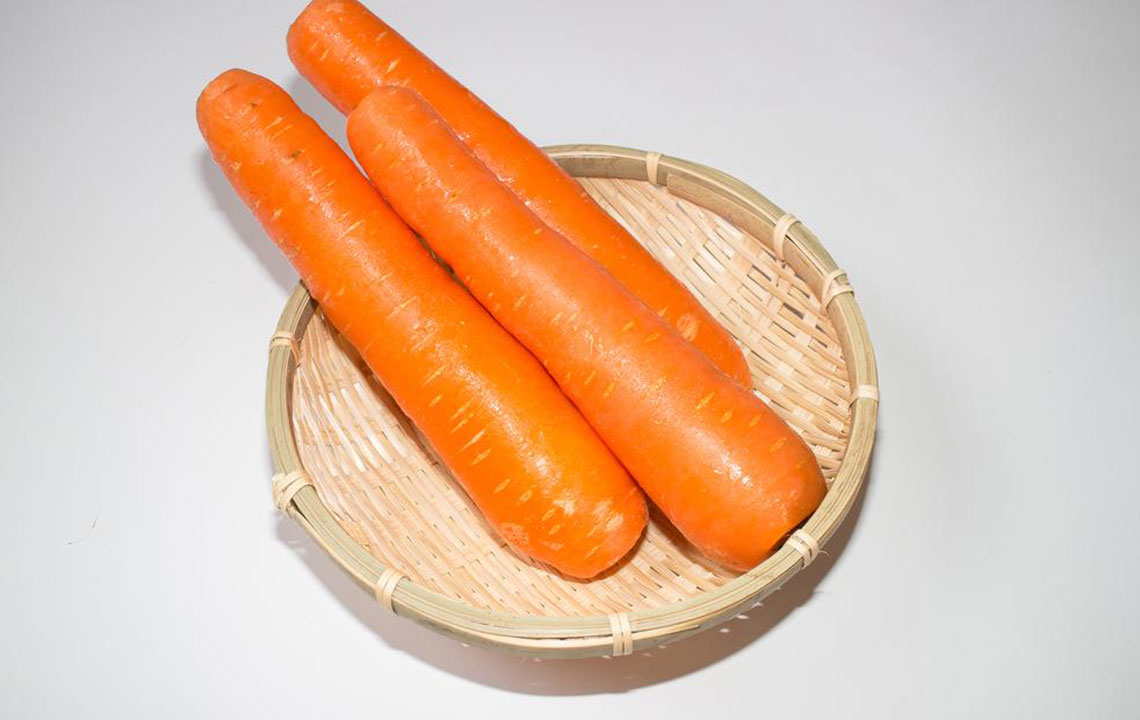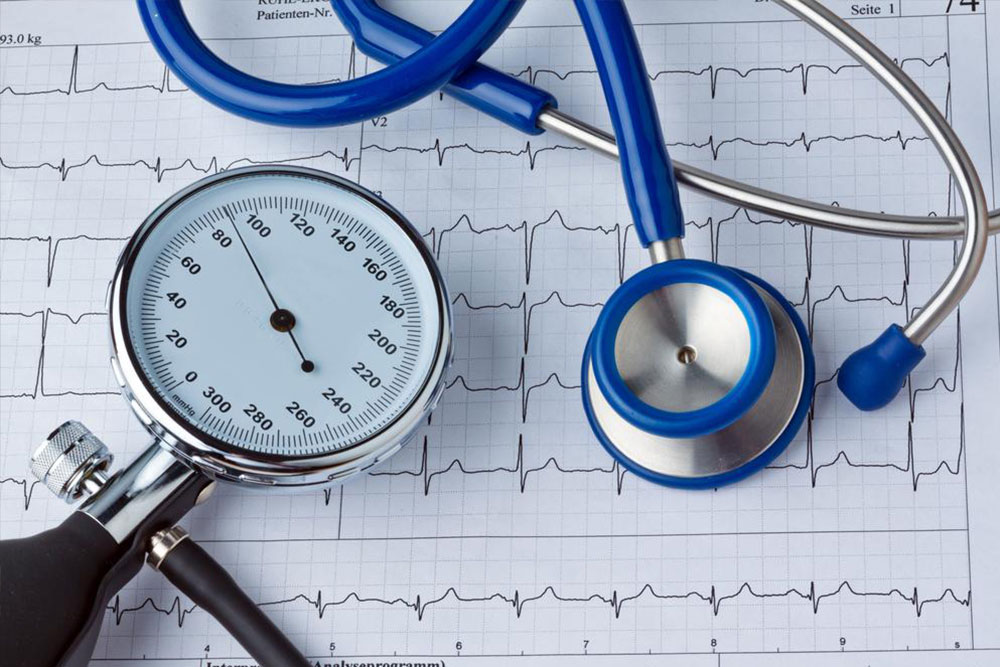Natural and Effective Strategies to Lower Blood Pressure Without Medication
Learn comprehensive natural strategies to effectively lower blood pressure without relying on medication. This article covers weight management, exercise, diet, sodium moderation, and lifestyle changes that can significantly reduce hypertension risk. Adopting these habits promotes cardiovascular health and can help delay or reduce dependency on drugs. Discover how simple lifestyle adjustments can lead to a healthier heart and improved overall well-being through scientifically-supported methods for controlling hypertension naturally.

Comprehensive Natural Methods to Reduce Hypertension Safely
Elevated blood pressure, commonly known as hypertension, is a growing health concern affecting people across all age groups worldwide. Its prevalence is increasing due to a combination of lifestyle habits, environmental factors, and physiological changes. Hypertension significantly elevates the risk of heart disease, stroke, and other cardiovascular complications, making effective management essential. While pharmaceutical interventions are often prescribed, many individuals seek natural ways to control their blood pressure and improve overall heart health. Adapting healthier lifestyle choices can not only delay the need for medication but also reduce dependency on drugs, fostering long-term wellness.
Understanding the importance of lifestyle modifications provides a proactive approach to controlling blood pressure. These modifications encompass weight management, physical activity, dietary improvements, and other health-conscious habits. Implementing these strategies can lead to measurable improvements in blood pressure levels, thus reducing the risk of severe cardiovascular conditions.
Re-evaluating and enhancing lifestyle choices can play a critical role in naturally regulating blood pressure levels. These practices serve as effective, non-invasive methods to control hypertension, potentially avoiding or postponing medication use. Here are five scientifically-supported strategies to help lower your blood pressure naturally:
Maintaining a Healthy Weight
Excess body weight, especially around the abdomen, is a key risk factor for hypertension. It puts additional strain on the heart and blood vessels, elevating blood pressure. Even modest weight loss—reducing approximately 4.5 kg—can significantly cut hypertension risk. For men, a waist circumference exceeding 40 inches, and for women over 35 inches, indicates increased cardiovascular risk. Regular monitoring of weight and waist measurement helps identify risk levels early and guides effective lifestyle modifications. Achieving and maintaining a healthy weight involves balanced eating patterns combined with physical activity, contributing profoundly to blood pressure reduction.
Engaging in Consistent Physical Activity
Regular exercise is one of the most effective natural methods to control hypertension. Engaging in at least 30 minutes of moderate activity daily—such as brisk walking, cycling, swimming, or dancing—has demonstrated a reduction in systolic blood pressure by up to 9 mmHg. Consistent physical activity also enhances vascular flexibility, improves heart efficiency, and helps prevent rebound increases in blood pressure. It is essential to choose activities suitable to one's fitness level and health status. Consulting with healthcare professionals to develop personalized exercise plans ensures safety and optimal results.
Adopting a Heart-Healthy Diet
Nutrition plays a pivotal role in blood pressure management. Incorporating more whole grains, fresh fruits and vegetables, and low-fat dairy products forms the cornerstone of a heart-healthy diet. The Dietary Approach to Stop Hypertension (DASH) diet has been extensively studied for its effectiveness in reducing blood pressure — lowering systolic readings by approximately 14 mmHg. This diet emphasizes reducing saturated fats, cholesterol, and sodium intake while increasing potassium-rich foods that help counteract the effects of sodium, thus promoting healthy blood pressure levels.
Sodium Intake Moderation
Reducing salt consumption is a straightforward and impactful measure to lower blood pressure. Excessive sodium intake causes the body to retain water, which increases blood volume and puts extra pressure on vessel walls. Cutting back on salt can decrease systolic blood pressure by 2-8 mmHg. The recommended daily sodium intake for optimal blood pressure control is below 1,500 mg, with a general upper limit of 2,300 mg per day. Reading food labels carefully and limiting processed and canned foods can help manage sodium intake effectively.
Limiting Alcohol Consumption
Alcohol intake influences blood pressure in complex ways. Moderation is key; in small amounts, alcohol might have a slight blood pressure-lowering effect, but excessive consumption raises blood pressure and can undermine medication efficacy. Men over 65 should limit alcohol to no more than two drinks per day, while women over 56 should restrict intake to one drink daily. An ounce of standard drink typically contains 12 ounces of beer, 5 ounces of wine, or 1.5 ounces of distilled spirits. Being mindful of alcohol consumption can be an important part of blood pressure management.
Additional natural measures include quitting smoking, which improves overall cardiovascular health, and reducing caffeine intake, as caffeine can cause transient increases in blood pressure, sometimes by as much as 10 mmHg. Moreover, managing stress through mindfulness practices, yoga, or deep breathing exercises can also contribute to sustainable blood pressure control. If lifestyle modifications are not sufficient, consulting a healthcare provider for personalized guidance and monitoring is recommended. These natural, evidence-based strategies can empower individuals to maintain healthy blood pressure levels, promoting lifelong cardiovascular health and reducing the risk of future complications.
